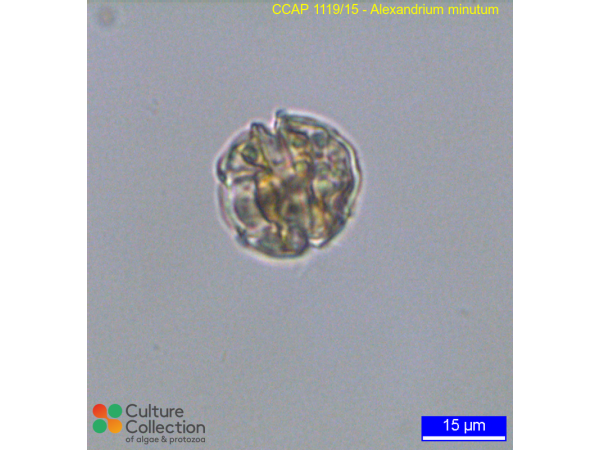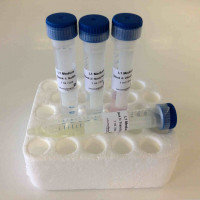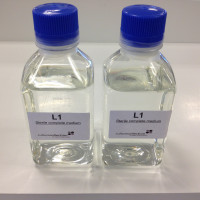(Bold text = submission by CCAP staff or collaborators)
Note: for strains where we have DNA barcodes we can be reasonably confident of identity, however for those not yet sequenced we rely on morphology
and the original identification, usually made by the depositor. Although CCAP makes every effort to ensure the correct taxonomic identity of strains, we cannot guarantee
that a strain is correctly identified at the species, genus or class levels. On this basis users are responsible for confirming the identity of the strain(s) they receive
from us on arrival before starting experiments.
For strain taxonomy we generally use AlgaeBase for algae and
Adl et al. (2019) for protists.
| Attributes | |
| Authority | Halim 1960 |
| Isolator | Bolch (1999) |
| Collection Site | Scapa Flow, Orkney, Scotland, UK |
| Notes | Sequencing identified as A. minutum Apr2018 |
| Axenicity Status | Bacteria present |
| Area | Europe |
| Country | UK |
| Environment | Marine |
| GMO | No |
| Group | Dinoflagellate |
| Original Designation | Orkney 7 (4) |
| Pathogen | Not pathogenic: Hazard Class 1 |
| Strain Maintenance Sheet | SM_MarineDinoflagellates.pdf |
| Toxin Producer | Not Toxic / No Data |
| Type Culture | No |
| Taxonomy WoRMS ID | 109711 |
| Formerly Listed in CCAP as | Alexandrium sp. |
CCAP 1119/15
Alexandrium minutum
- Product Code: CCAP 1119/15
- Availability: See Availability/Lead Times
Related Products
CCAP MAL1-C
L1 Medium
CONCENTRATED STOCKS
Non-sterile concentrated stocks to make up 5 litres of L1 medium. L1 medium is used for culturing m
CCAP MAL1-P
L1 Medium
1 LITRE PREMADE
1 litre of sterile, ready to use, L1 medium. L1 medium is used for culturing marine dinoflagellates



